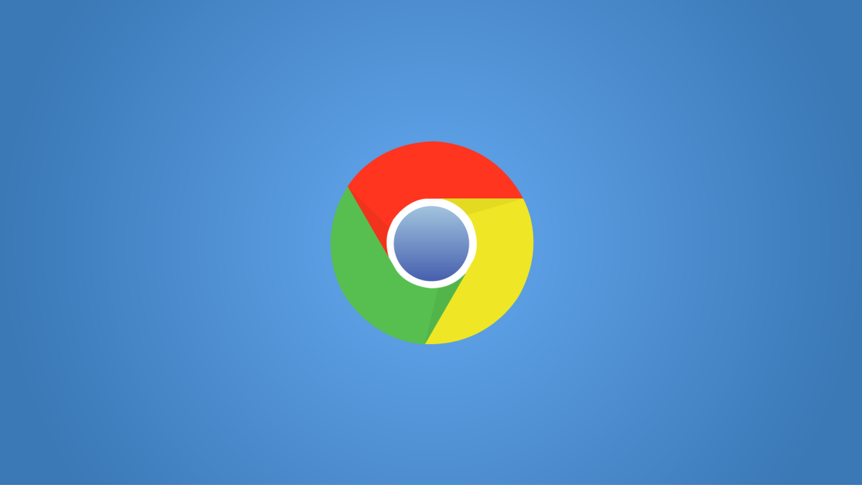What goes up, must come down. These were the words originally stated by Issac Newton for his third law of motion. But, it seems, it will soon be the most appropriate description of Chrome position transition in the browser hierarchy. The browser has decided to move forward with their decision to partially kill the ever-popular ad-blockers.
Originally, the decision was proposed to the Chrome developers channel back in January. The proposed change was to be made in the browsers extension system and was labelled Manifest V3. This would restrict ad-blockers ability to function properly. It would do so by either limiting the ad-blockers ability to stop an ad from downloading even before the website is loaded or by limiting the number of ads it can block in-total. Right after the proposal was made, it had seen backlash from users and extension developers alike. However, it seems Chrome, or more specifically Google, has turned a deaf ear to those voices.
Ironically, Chrome will not be making the same changes to the enterprise edition of Chrome, which is basically a paid version of the browser. Which can be lead to the conclusion, is chrome trying to bring back the age of paid browsers ? Where you would have to pay money to stop seeing ads ?
Ad-blockers a Threat to Google’s Revenue
A staggering $24.1 billion out of the $27.7 billion dollars revenue Google earned in Quarter 3 of 2018 was solely contributed by its ad business. Meaning, on average 87% of Google’s revenue is earned by selling ads. The only threat to this income is the rising use of ad-blockers.
Ad-blocker uBlock Origin’s developer, Raymond Hill, stated in his GitHub page that, now that Google Chrome is the dominant browser, it is in a better position to shift the optimal point between the two goals, attracting more users and generating more income, which benefits Google’s primary business. Furthermore, he pointed out that in ‘Google’s 2018 10K filing’ Google wrote that, “Technologies have been developed to make customizable ads more difficult or to block the display of ads altogether and some providers of online services have integrated technologies that could potentially impair the core functionality of third-party digital advertising. Most of our Google revenues are derived from fees paid to us in connection with the display of ads online. As a result, such technologies and tools could adversely affect our operating results.”. Which clearly identifies ad-blockers as an item of threat for their business.
With over 380 million people just on mobile devices using ad-blockers in 2016, it has been a major of cause of panic for Google and many other ad publishers and it seems Google has taken the first shot. By deciding to restrict ad-blockers functionality and with the concept of a new kind of paywall for blocking ads.
A Ray of Hope for the Minority
Right after Chrome was released in 2008, it bulldozed through its competition and earned it’s crown as the most used browser. Since then, once popular browser like Firefox and Opera kept losing its user-base, year by year. The recent Firefox’s plug-in fiasco made it a even lesser favorite choice for most.
However, things are looking bright for these minority. As, the ad-blocker restriction news might help them gain back a portion of Chrome’s current user base.
If Google does decide to roll out the Manifest V3 ad-block restriction and the concept paywell system for blocking ads, it will definitely see a large number of users switching to its rivals. This might eventually lead to Chrome’s fall from grace. This surely will not be good for Alphabet’s business, regardless of its dominance.
